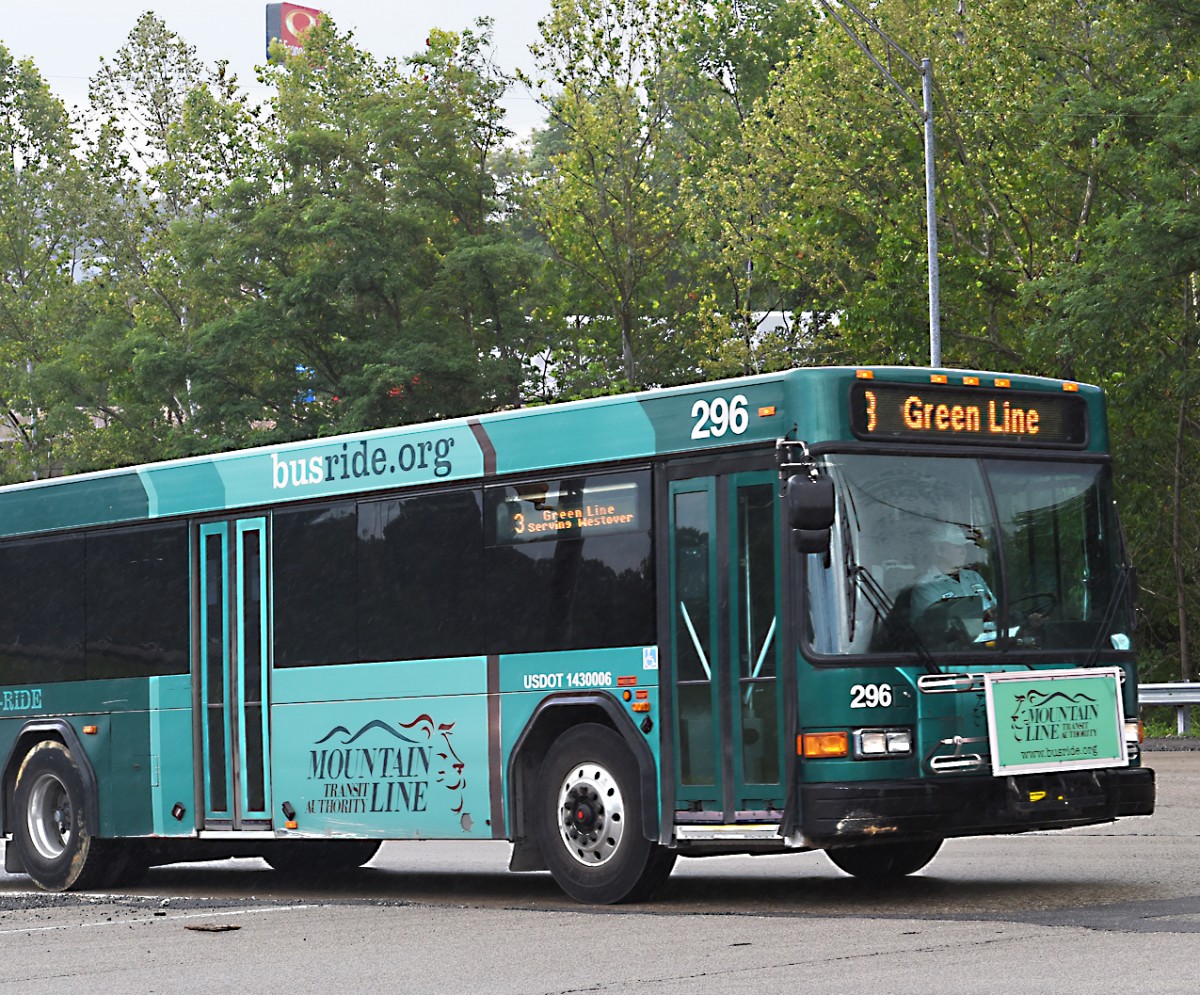MORGANTOWN — A large Mountain Line bus can travel about five miles on a gallon of fuel.
Ouch.
“Our projections through the end of this fiscal year (June 30) is we’re going to see anywhere between a 30% and 40% increase in what we had initially budgeted. We budgeted $500,000 for fuel – gas and diesel mixed. I would say we’re actually going to end up somewhere between $700,000 and $750,000,” Mountain Line CEO David Bruffy explained.
As of this writing, gasoline was going for $4.09 a gallon in Morgantown while diesel was at $4.99. The national average for gasoline according to AAA was $4.31.
While Mountain Line doesn’t pay state or federal taxes on fuel, it buys a whole lot of it.
Between March 9, 2021, and March 9, 2022 — a span during which Mountain Line had to reduce some services due to a COVID-related driver shortage — the transit authority used 129,951 gallons of gas and 135,322 gallons of diesel.
“The real challenge for us going forward is going to be trying to predict what fuel prices are going to look like for the next 16 months. If we had an answer for that, I think there would be a lot of people interested in that answer,” Bruffy said. “We’re pretty much in the same boat as everybody else.”
As for Secretary of Transportation Pete Buttigieg’s recent suggestion that electric vehicles might be a good way to dump the pump, Bruffy said electric buses are not an answer for Mountain Line at this time.
“Right now, the battery technology is such that we would have to have two buses to replace one diesel engine because of the range, and they’re more expensive, so you’d end up paying almost three times as much for the same amount of transportation,” he said, noting the switch to electric would also require a maintenance shop overhaul and significant training for maintenance staff.
But gas prices cut both ways for public transit. Mountain Line expects its ridership numbers will increase alongside its fuel costs.
The fare to ride is 75 cents, and the transit authority offers a number of ridership programs, including a tax pass initiative through which county residents paying real estate or property taxes are eligible for a bus pass.
Up to $1,000 in taxes gets you one pass. Between $1,000 and $2,000 would be good for two passes, and so on.
“If you’re a tenant or a renter, your landlord would qualify and could assign a tax pass to you. The same is true for employers. If an employer pays property tax, if a business owns a building or property, they can also assign tax passes to you as their employee,” Bruffy explained.
Currently, there are only about 450 individuals taking advantage of the tax pass program, including 201 tenants, 160 homeowners and 46 employees.




